A podcast guest release form helps ensure that everyone who comes on your show hands over the rights to the end content so you can edit, distribute, and monetize it. It’s a simple, easy add to help you protect your show.
If you’re welcoming guests on your show but not having them sign a release form, they could come back in the future and request that episodes be modified or removed — and they wouldn’t necessarily be in the wrong.
Release forms ensure that the end content produced is yours — which means you can modify, distribute, and monetize the content without input from anyone else featured in the show.
Why do you need a podcast guest release form?
Release forms are an essential tool for podcasters who have any guests on their show. A form that is written correctly and signed by both parties helps to protect you and your content legally.
A guest release form grants you the right to edit and distribute the content that you made. It releases the guest from any rights pertaining to the content and ensures that you can alter (i.e. edit) and publish that particular podcast episode.
It’s not that you can’t publish the episode without it, but you put yourself and your show at risk of a dispute or legal action in the future. A guest who hasn’t signed a release could request that you alter or remove the episode that they participated in, and even take you to court if you refuse to do so.
It’s not that someone couldn’t pursue legal action if they’ve already signed a form, it’s just that they’ll struggle to find footing in a case. Many podcasters assume they’re safe with a verbal agreement — they came on the show and said what they said, which implies consent, no?
Unfortunately, that’s not the case. Getting a release signed before the recording takes place is the best way to retain creative control and protect your show.
What to put in your podcast guest form
Your best bet is always going to be to talk to a legal professional who can help you develop a release form that’s specific to your podcast, and gives you insight as to what you need to ensure it’s legal and protects your business. But, generally speaking, podcast guest forms include the following:
Outline any expectations you have of your guest
Share details on how what you intend to do with the content
Should include the planned date and time of the recording
The contact information of the person conducting the interview AND for the overall show (if they’re different)
The intended topic of the discussion
Be signed by both parties
It’s also a good idea to include a note about the fact that you have a full say in the final product, including whether or not it gets published. You don’t want to be obligated to publish an episode that isn’t up to your standards.
For a better guest experience, you might want to consider adding space for your guests to outline topics they are willing to (or not willing to) talk about — this doesn’t necessarily have to be part of the release form, but should be part of your overall onboarding process.
Where to get a podcast guest release form?
Not all guest release forms are created equally. The most solid one you could use would be written by a lawyer who can give specific legal advice and language for your show.
But not everyone has the funds to hire their own lawyer, so you could settle for pre-designed, written-by-a-lawyer release templates. You’ll want to make sure you find one specific for podcasting, drafted by a lawyer who understands podcast content. There are free ones available (like this one by Gordon Firemark) or you can purchase one.
Your last option (while we don’t recommend it) is to write your own release agreement. This means that you’re able to personalize it… but doesn’t necessarily ensure that the final written document will keep your show out of legal trouble.
So, do you really need a guest release form?
Having a guest speaker sign a release form doesn’t guarantee that a guest won’t request an episode modification or takedown. But it does give you grounds to refuse requests.
It’s also important for podcast hosts and shows, in general, to abide by the terms they’ve set out. A release form is a legal contract, if you violate it, you absolutely risk being sued (and losing!).
We can’t tell you what you can and can’t do with your own podcast — it’s yours, you’re the boss. But a podcast guest form is an easy way to help further protect your show and doesn’t take a lot to implement. So, the real question is, why wouldn’t you?



